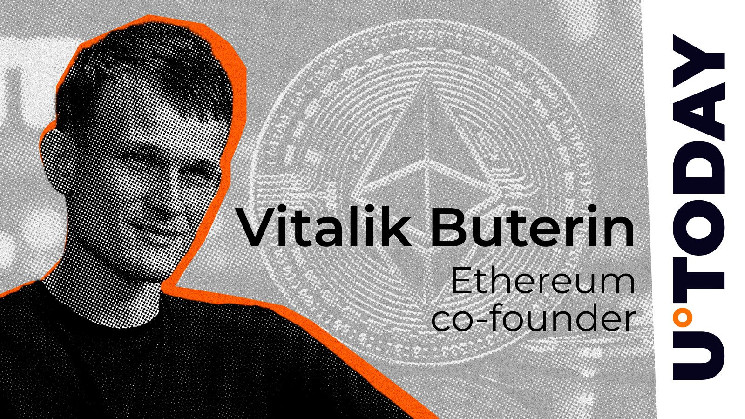Vitalik Buterin, the co-founder of Ethereum, recently outlined some of the main threats that are associated with artificial general intelligence (AGI).
This comes after the release of o3, OpenAI's latest groundbreaking model, reignited debates about the seemingly imminent arrival of AGI. The model managed to score 87.5 percent on the ARC-AGI benchmark, which was designed to measure progress toward general intelligence. There are some persistent concerns about AGI potentially threatening humans after surpassing their cognitive abilities.
According to the Ethereum co-founder, it does not make sense to treat AGI as some sort of an indomitable abstract force. Instead, he has recommended addressing some specific attack vectors. Buterin mentioned such threats as AGI exploiting vulnerabilities in software, manipulating humans with misinformation, releasing digital biological agents, taking control of physical infrastructure, or significantly surpassing humans in terms of intelligence.
In a recent social media post, Ethereum co-founder Vitalik Buterin also opined that crypto is "only one part of a larger story."
Buterin attached a sophisticated diagram, which shows how various define and growth strategies are connected with each other. The framework offered by Buterin contrasts the physical "world of atoms" with the digital "world of bits."
Bio-defense and cyber-defense measure are meant to protect against biological and cyber threats, respectively. There are also tools for ensuring info-defense and physical resilience.
Rapid healthcare improvements as well as brain-computer interfaces can significantly enhance longevity.
Cheap construction and other innovations could also potentially lead to physical abundance.
According to the Canadian programmer, the blockchain technology, which underpins cryptocurerncies, will likely help the aforementioned efforts info-defense and other sectors.

